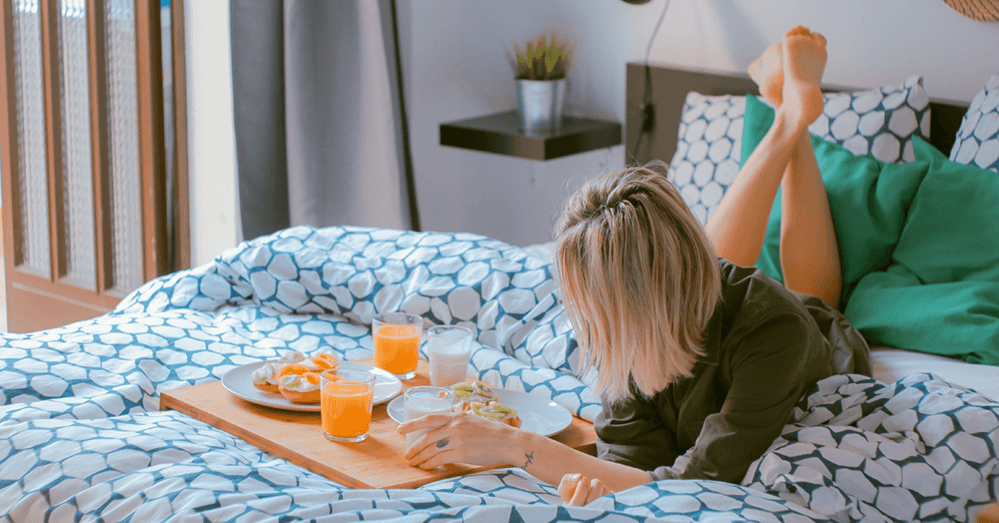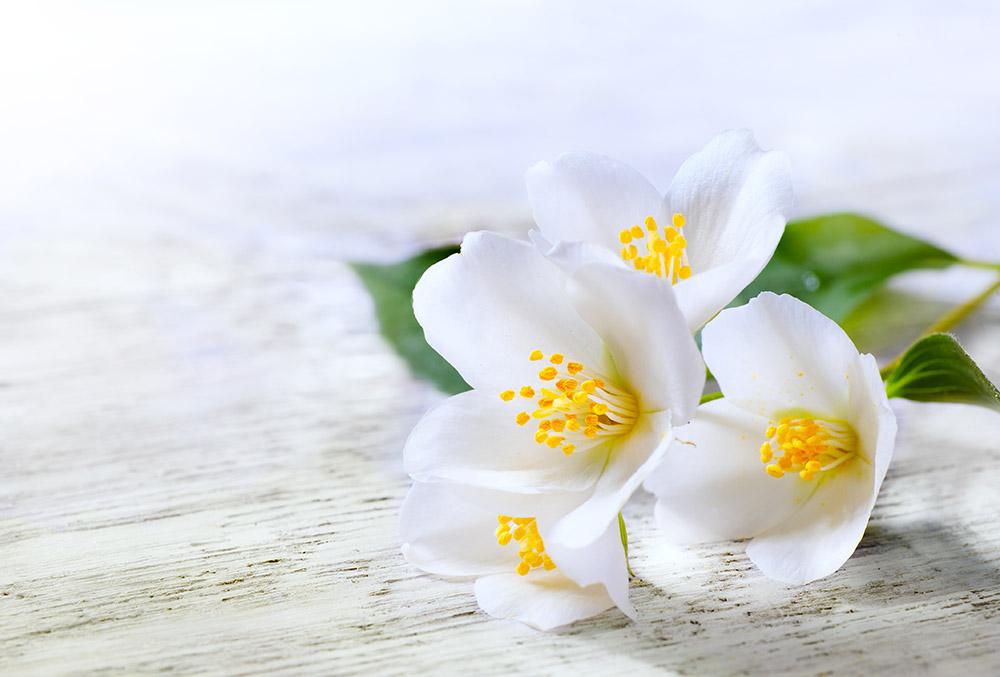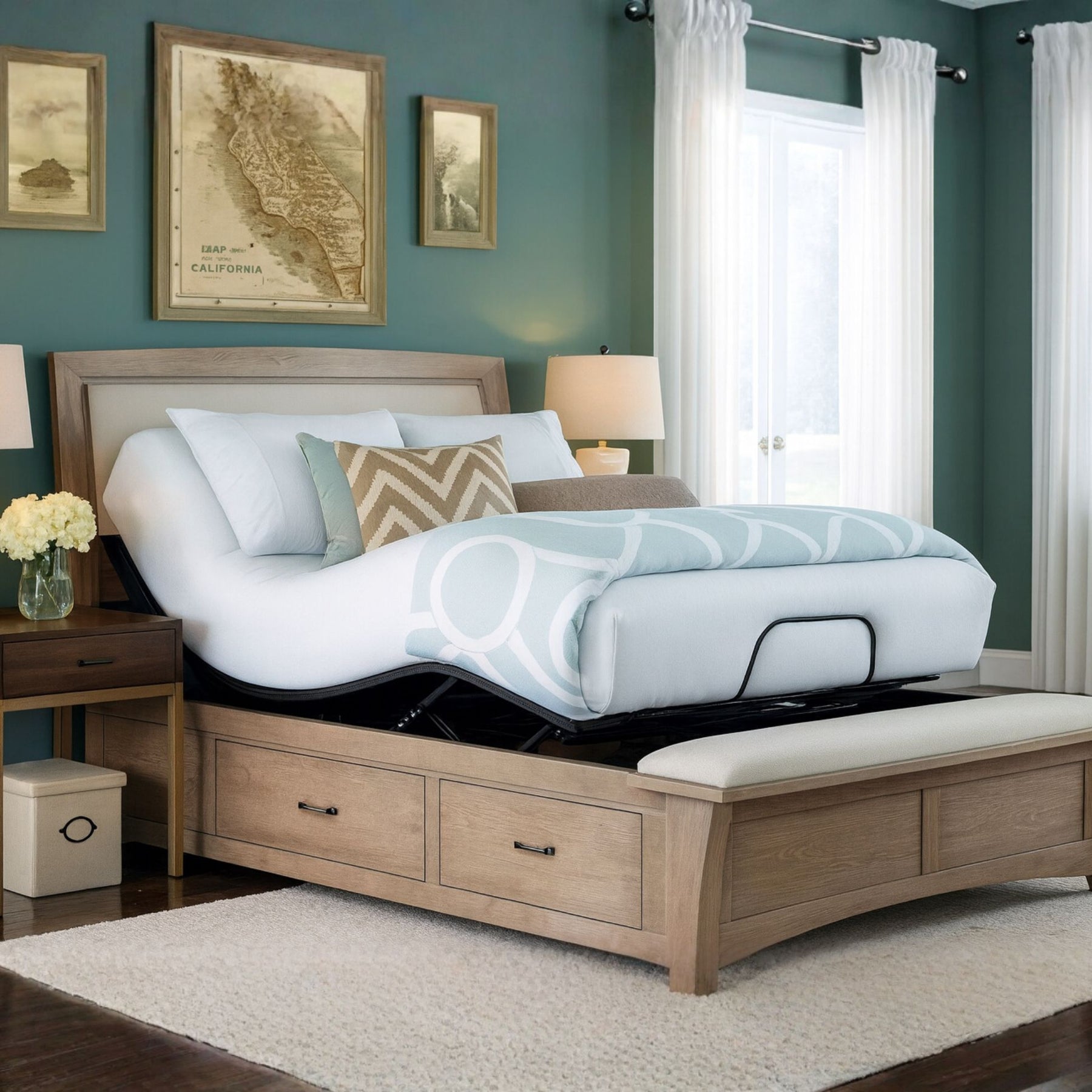No one deserves to wake up in the morning with their pajamas and bed sheets damp due to excessive sweating. This unpleasant experience usually happens on hot nights or if a person is ill with a fever. In a heated environment or when experiencing a fever, our body perspires in an effort to control the internal temperature, keeping it around 97.7 degrees F.
Why do we sweat at night?
The most apparent reason for night sweats is heat. In addition to the high temperatures, other reasons can also explain this uncomfortable situation, such as excess humidity or stressful situations of the day. Your mattress can also contribute to sweating at night. Some mattresses sleep cooler than others. You can check out our isense mattress reviews to find a mattress that doesn't sleep hot.
The truth is that sweating is a response of our body to regulate internal temperature. It is something like the air conditioning that we all love. In this sense, sweating (as long as it is not excessively) is a good and natural thing.
How do we explain night sweats when the night is cool, and our body is healthy? Below are the reasons for this situation and tips to avoid this discomfort.
Drinking alcohol before bed
Alcohol consumption helps some people fall asleep in the short term but is not recommended as a sleeping aid since the body has to break down the alcohol at night. The toxins are excreted through the skin pores. If you suffer from night sweats, it is best to reduce your alcohol consumption in the evening.
Intense training in the evening
Regular exercise stimulates the metabolism in the brain and body and promotes sleep. However, exercise should not take place shortly before bedtime and should not be too intense. Night sweats can often be the result of overtraining.
If you have an intensive training schedule or have suddenly increased your workouts, you may temporarily overload your body. Heavy sweating at night is an important warning signal that you shouldn't ignore. Training and exercise are only useful in moderation.
Thick blankets and very hot pajamas
Using clothes made with thick fabrics, even in winter, can end up causing hyperthermia, that is, the body overheating and, consequently, sweating. The tip is to opt for lighter fabric pajamas, like cotton or silk, which are more comfortable and allow the skin to breathe.
A room without ventilation
It may seem obvious, but many people pay little attention to the temperature of the environment. Keeping the bedroom doors and windows closed, preventing circulation and the exchange of air with the external environment, can make the room extremely stuffy and cause excessive sweating during sleep.
The way out is simple: keep the room well ventilated. Whenever possible, open the windows so that the air can circulate more freely.
Hyperhidrosis
Hyperhidrosis, a disease caused by the hyperactivity of the sweat glands, is characterized by excessive sweating. Those who have this condition sweat profusely even when they are at rest. If you suffer from the problem, one helpful tip is to use an antiperspirant on clean, dry skin before bed.
This is because aluminum salts, one of the components in antiperspirant, dissolve on the skin's surface, forming a protective layer.
This film remains on the skin temporarily and decreases the amount of sweat released by the body. Antiperspirants are one of the most effective ways to control excessive sweating.
Hormonal changes or dysfunctions
Hormonal changes usually affect women at different life stages, such as during adolescence, pregnancy, and menopause.
Also, those who have some other type of change related to hormones, such as thyroid dysfunction, may suffer from night sweating. Whatever the situation, hormonal problems should be treated by your physician.
Certain foods
The consumption of very hot or spicy foods increases the body's internal temperature, activating its cooling mechanism of sweat production. Here, too, the excessive consumption of drinks aggravates the situation, thus, increasing sweating. Therefore, in the evening, avoid very hot or spicy foods, reduce alcohol consumption, and hydrate.
Stress and mental exhaustion
Stress and mental restlessness are often the cause of profuse sweating and impaired sleep. Stress and mental exhaustion lead to an increased release of stress hormones such as adrenaline and noradrenaline, which lead to a widening of the blood vessels in the skin, in turn promoting sweating.
If it takes a little longer to fall asleep, don't put yourself under pressure. Try to relax and not think about problems or appointments the next day. Thirty minutes before bedtime, the following rules help reduce stress: turn off your laptop or television, mute your phone and do something relaxing. Reading a good book, for example, can be helpful here.
Should you wake up at night, try not to obsess over falling back asleep. Being awake promotes the release of stress hormones that make it difficult to fall asleep. The reduced stress also leads to less sweat production and thus fewer night sweats.
Eating before bed
Unusually greasy and rich food should be avoided, if possible, right before going to bed. Otherwise, the body has to spend too much energy on digestion at night. This can lead to restless sleep and also to profuse sweating at night.
It may also help to drink peppermint or sage tea (for sweating) with lemon balm (for calming) before bed. You are also creating a kind of ritual that signals the body that it is now time to relax and recharge.
Remedies to help
Below are a number of remedies that can help you to avoid night sweats.
-
Sage Tea
Sage is a plant rich in magnesium and vitamin B, two components that reduce the sweat glands' activity. Drinking a sage infusion before bed can help your body control sudden changes in temperature. -
Use thermo-regulating products
Due to variations in temperature and humidity that our body experiences during the night, sleep is interrupted and altered, causing a feeling of discomfort and poor rest. Using temperature regulating products, such as cooling gel pillows and mattress pads, manages to dampen these changes in temperature by absorbing excess heat from the body. -
Avoid stress
Do your hands also get sweaty before a job interview or an important meeting? Nervousness or stress produces hormones such as adrenaline and cortisol, which often lead to an increase in heart rate and, consequently, an increase in sweating. -
Orange juice
One of the symptoms of a cold is fever and sweating. So, if you are experiencing congestion and drainage, and you woke up drenched in sweat, you may be suffering from some cold symptoms. Therefore, a glass of delicious and fresh orange juice can help you improve your defenses and ensure a speedy recovery. -
Hormone replacement therapy
Most women entering menopause will experience night sweats because their estrogen levels have dropped. Your doctor can prescribe some estrogen, as well as other therapies. If you are going through menopause, it is recommended to consult your doctor to see if hormone replacement therapy may be helpful for you. -
Turn on the air conditioning
It is recommended that one should sleep at a temperature that ranges between 64 and 77 degrees. If your house is riddled with the summer heat, you will have no choice but to turn on the air conditioning or fan to try to sleep cooler at night. -
Taking a relaxing infusion
Many times, night sweats are due to an excess of anxiety when going to bed. To do this, some people find it useful to drink hot or cold relaxing infusions based on valerian, lemon balm, hops, and other plants with calming properties, which can help reduce stress and anxiety levels, so that when you get to bed, you are calmer and you can sleep better. -
Mattress matters
A good mattress can be the key to avoid night sweats. Due to their composition and materials, some mattresses are cooler than others and can help you in sleeping comfortably at night. -
Drink plenty of water
Whenever you sweat, you need to drink water to replace the water lost through the sweating process. It is recommended to at least drink 12 glasses of water every day to lower your core temperature. Also, you can take a cold bath or wipe your body down with a cool wet cloth to lower the core temperature and reduce sweating.
In conclusion
Some of the most common reasons for profuse sweating at night are the wrong choice of sleepwear, bed linens, and blankets. The blanket, for example, should be adapted to the season and be breathable.
Your nightwear should not cause heat build-up and should wick away moisture well. However, sleeping naked is not recommended because the moisture from sweating cannot evaporate away from the body as efficiently as when you are wearing light, breathable pajamas.
If you suspect health issues or a severe illness as the trigger to sweating at night, please see a doctor and explain your symptoms to them. In most cases, however, the causes of night sweats lie in the environment, behavior, or psyche.






















